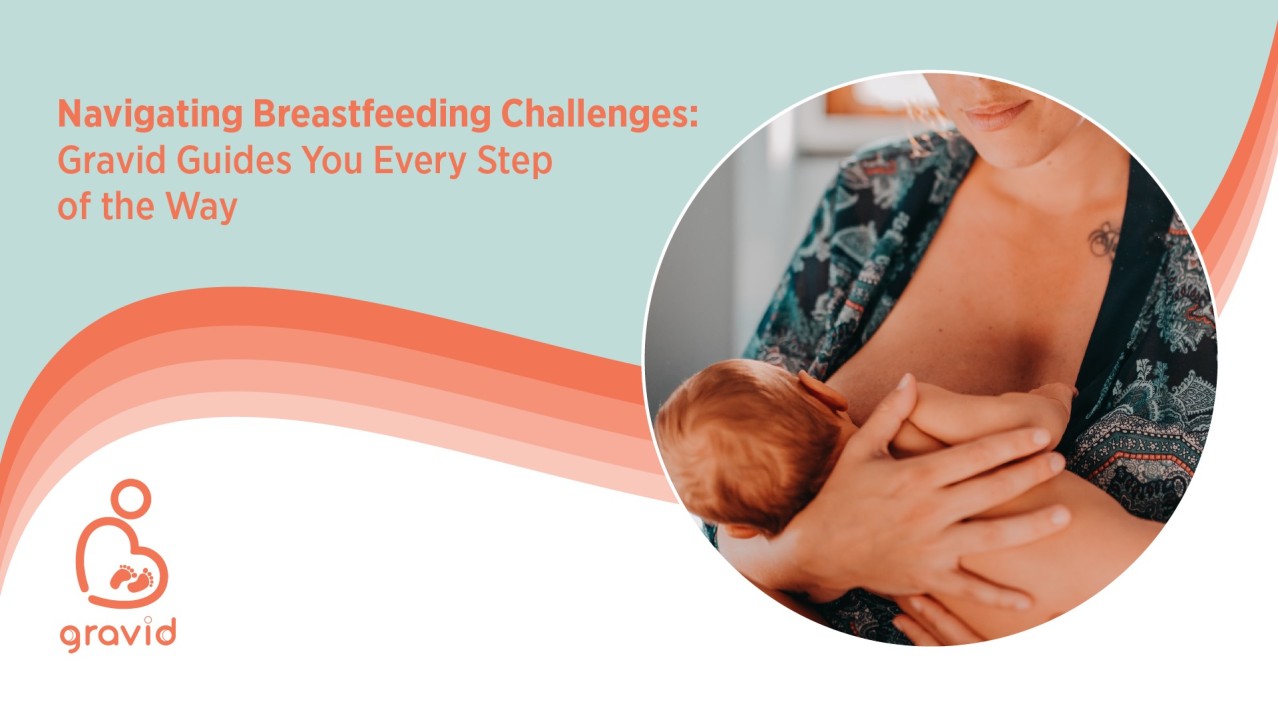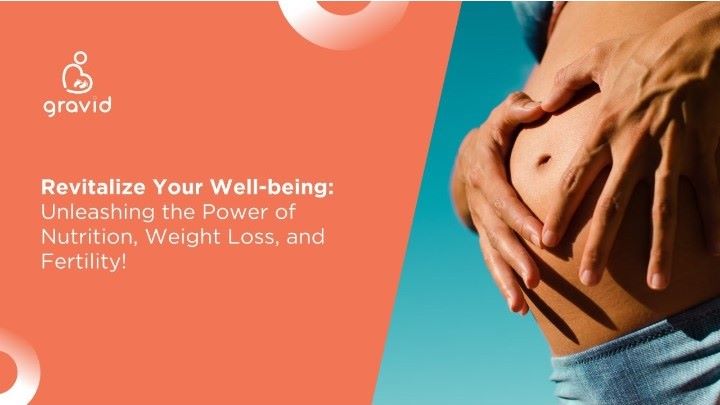The Parent’s Promise is an ancillary part of my children’s book series, The Bella Santini Chronicles. The Promise is a pillar of the work I do. Keeping this promise aligns you, as the parent, with a gentle parenting style. Stated in full - the promise is from a parent to their child:
“I will love you unconditionally. I will listen to you and respect your opinion. I will respect you as an individual and allow you to follow your path. I will allow you to make mistakes, knowing you will learn from the experience. I will remind you that you are loveable when you are feeling mad or sad; you are worthwhile when you make mistakes; you are a valuable human being, a gift to the world.”
Let’s review in-depth the fourth line of The Parent’s Promise.
I will remind you that you are worthwhile when you make mistakes . . .
Teach your children that mistakes are a part of their journey. Teaching them that mistakes are necessary to achieve their goals is essential to raising a resilient child.
The United States elementary school model of this is correct, and any other way is wrong and detrimental. Most issues children will face as adults will have multiple ways of approaching the problem, with different ways to achieve a solution.
The Old School Model
My husband, Dr. Richard Kaye, relates a story in which he completed a high school math exam by writing only the answers, not his calculations. His teacher gave him a failing grade. He balked and told her he could do the calculations in his head and didn’t need to go through the steps to arrive at the correct answer. He proved it to her by having her give him problems, which he solved in front of her without having to write anything. Because of the right/wrong school model, his way of solving the problems was unacceptable. Whether he got the problems right or not, his teacher considered his way of doing math wrong. Yet, because of his courage to stand up for himself, the teacher changed his grade. Children with less self-esteem might not have confronted the teacher and would see themselves as failures because of the system. I will celebrate the day when schools accept that there are many ways to achieve the correct answer. I hope to see a day when children (and adults!) can work on problems in ways that make sense to them rather than the way the institution requires.
Mistakes as information
But I digress—this article is supposed to be about mistakes, not school reform. One of my favorite quotes about failure is from Edison. A journalist asked about the many times his experiments failed. Thomas Edison said, “I have not failed 10,000 times—I've successfully found 10,000 ways that will not work.” He understood the value of each failed attempt—to learn what to do differently next time. Every “failure” and every “mistake” brought him one step closer to achieving his desired result.
Mistakes are information . . . each shows us steps we must avoid to achieve our desired outcomes. When we see our mistakes as failures, we give up and ignore valuable information which is available to us. Our mistakes can provide useful information about what doesn't work and can help guide future decision-making.
Somehow, self-recrimination has become the answer many have when making mistakes. Our minds think, If I beat myself up enough, I might not do it again. This approach undermines your self-worth. Self-recrimination keeps you from discovering the value of trying, as well as the value of persistence.
"Those who dare to fail miserably can achieve greatly." ― John F. Kennedy
Tips for reframing your mistakes into opportunities
Here are a few strategies that may help you change the idea that mistakes are failures:
Reframe your mindset: Know mistakes as opportunities for learning and growth rather than failures. Recognizing that everyone makes mistakes is a natural part of the learning process.
Celebrate your mistakes: When you make a mistake, take a moment to reflect on what you learned from the experience. Celebrate that you're taking risks and trying new things, even if they don't always work out.
Practice self-compassion: Be kind to yourself when you make mistakes. Remember that you're human, and everyone makes mistakes. Please don’t beat yourself up over your mistakes; instead, learn from them and move on.
Seek feedback: Seek feedback from others about your mistakes. This can help you understand what you did wrong and how to improve in the future. Remember to be open and receptive to feedback and see it as an opportunity to learn and grow.
What if . . .
What if we taught our children that each failure is a milestone on their journey? What if we encourage them to review their past attempts, find one thing to change, and try again? What if we can celebrate our failures rather than punish ourselves for them?
The future continues to unfold. Step into it. Embrace it. Be excited about it.












